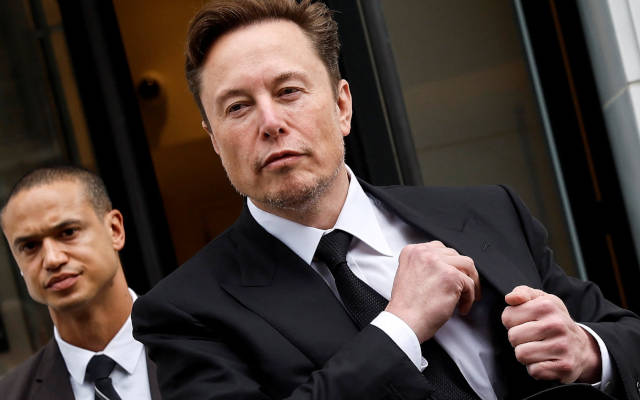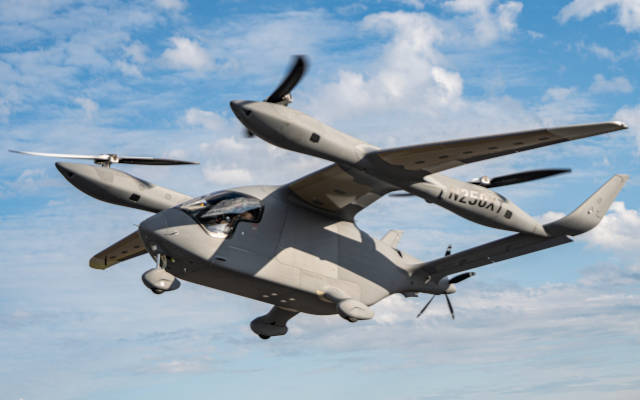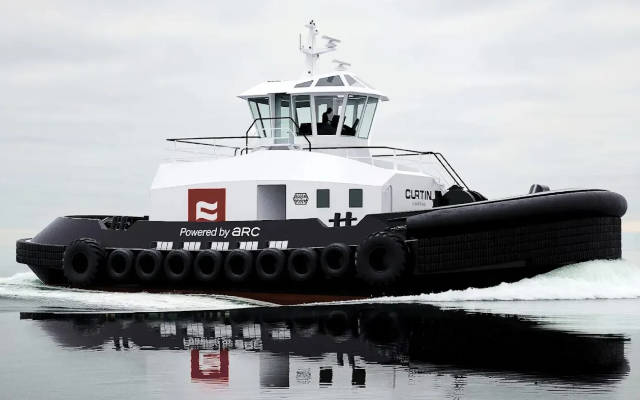 EDITOR'S PICK
EDITOR'S PICK
Where’d the Billion Come From? Musk's Tesla Buy Raises Questions
17 Sep 2025 | Synopsis
 Elon Musk's $1B Tesla stock purchase, made via his personal trust, sparked a surge in share price and raised questions about how the buy was funded. Likely financed through margin loans, derivatives, or asset reallocation, the move increased Musk's net worth by up to $8.6B. The timing aligns with Tesla's proposed $1T compensation plan, suggesting a strategic gesture to boost investor confidence and governance optics.
Elon Musk's $1B Tesla stock purchase, made via his personal trust, sparked a surge in share price and raised questions about how the buy was funded. Likely financed through margin loans, derivatives, or asset reallocation, the move increased Musk's net worth by up to $8.6B. The timing aligns with Tesla's proposed $1T compensation plan, suggesting a strategic gesture to boost investor confidence and governance optics. Extreme H: Hydrogen Racing's Bold New Frontier
17 Sep 2025 | Synopsis
 Extreme H is the world's first hydrogen-powered off-road racing series, debuting in Qiddiya City, Saudi Arabia. Evolving from Extreme E, it features gender-equal teams, zero-emission Pioneer 25 SUVs, and green hydrogen supplied via electrolysis. The rugged desert course tests fuel cell performance on gradients up to 130%. Backed by Saudi Vision 2030, the series aims to prove hydrogen's viability and promote sustainable motorsport innovation.
Extreme H is the world's first hydrogen-powered off-road racing series, debuting in Qiddiya City, Saudi Arabia. Evolving from Extreme E, it features gender-equal teams, zero-emission Pioneer 25 SUVs, and green hydrogen supplied via electrolysis. The rugged desert course tests fuel cell performance on gradients up to 130%. Backed by Saudi Vision 2030, the series aims to prove hydrogen's viability and promote sustainable motorsport innovation.Seattle's Sound Transit: Ridership, Energy, and Fiscal Challenges
16 Sep 2025 | Synopsis
 Seattle's Sound Transit has expanded its Link light rail system to 45 miles, offering fast, affordable, and eco-friendly travel powered by hydro and wind energy. Ridership hit 3.08 million in October 2024, with fares as low as $1 for seniors and free for youth. A Lynnwood–SEA Airport trip takes 80–85 minutes by rail, beating car travel in cost and emissions. Despite success, Sound Transit faces need for a substantial financial overhaul.
Seattle's Sound Transit has expanded its Link light rail system to 45 miles, offering fast, affordable, and eco-friendly travel powered by hydro and wind energy. Ridership hit 3.08 million in October 2024, with fares as low as $1 for seniors and free for youth. A Lynnwood–SEA Airport trip takes 80–85 minutes by rail, beating car travel in cost and emissions. Despite success, Sound Transit faces need for a substantial financial overhaul.How FAA's eVTOL Pilot Could Transform U.S. Air Travel
14 Sep 2025 | Synopsis
 The FAA launched the eVTOL Integration Pilot Program (eIPP), a 3-year initiative inviting governments and private partners to test electric air taxis and other advanced air mobility (AAM) aircraft. The goal is to gather data to shape future regulations and demonstrate real-world use cases like cargo and medical transport. Companies like Joby, Archer, Beta, and Wisk plan to participate, aiming to revolutionize U.S. air travel.
The FAA launched the eVTOL Integration Pilot Program (eIPP), a 3-year initiative inviting governments and private partners to test electric air taxis and other advanced air mobility (AAM) aircraft. The goal is to gather data to shape future regulations and demonstrate real-world use cases like cargo and medical transport. Companies like Joby, Archer, Beta, and Wisk plan to participate, aiming to revolutionize U.S. air travel.Arc Announces $160M Deal With Curtin Maritime For Eight Hybrid-Electric Tugboats
14 Sep 2025 | Synopsis
 Arc signed a $160M deal with Curtin Maritime to deliver eight hybrid-electric tugboats, marking the largest commercial deployment of electric workboats. Built with Snow & Co, the tugs feature Arc's 4,000+ HP electric powertrains and 6 MWh battery buffers. The first four are due by 2027. The project aims to modernize U.S. ports with efficient, low-maintenance, cost-effective vessels, challenging diesel norms and advancing marine electrification.
Arc signed a $160M deal with Curtin Maritime to deliver eight hybrid-electric tugboats, marking the largest commercial deployment of electric workboats. Built with Snow & Co, the tugs feature Arc's 4,000+ HP electric powertrains and 6 MWh battery buffers. The first four are due by 2027. The project aims to modernize U.S. ports with efficient, low-maintenance, cost-effective vessels, challenging diesel norms and advancing marine electrification.
 Si Exclusive
Si Exclusive
Hydrogen's Flight Path: Fuel Cells, Turbines, and the Economics of Clean Aviation
10 Oct 2025 |  Aviation is shifting from Jet A to four fuel systems: electricity, hydrogen (fuel cell and combustion), SAF, and petroleum. Fuel cells suit short-haul aircraft; hydrogen combustion may power long-range jets. SAF bridges legacy fleets. Hydrogen costs - $5-$7/kg today, possibly $2/kg by 2040 - impact ticket prices and infrastructure decisions. Airport authorities, airlines, and governments will share deployment costs. Each fuel has distinct environmental pros and cons shaping aviation's net-zero future.
Aviation is shifting from Jet A to four fuel systems: electricity, hydrogen (fuel cell and combustion), SAF, and petroleum. Fuel cells suit short-haul aircraft; hydrogen combustion may power long-range jets. SAF bridges legacy fleets. Hydrogen costs - $5-$7/kg today, possibly $2/kg by 2040 - impact ticket prices and infrastructure decisions. Airport authorities, airlines, and governments will share deployment costs. Each fuel has distinct environmental pros and cons shaping aviation's net-zero future.
 11 Oct 2025 07:31:38 UTC |
RECENT PODCASTS
BYD Soars - Cheaper Tesla Models - The Bolt is Back - Rivian
SEARCH RSSTREAM
 48 New Postings In Past 24 Hours
48 New Postings In Past 24 Hours
Category:mobility
Region:Europe
Date:10 Oct 2025
Category:energy
Region:Global
Date:10 Oct 2025
Category:mobility
Region:SoAmerica
Date:10 Oct 2025
Category:energy
Region:NoAmerica
Date:10 Oct 2025
Category:mobility
Region:NoAmerica
Date:10 Oct 2025
Category:finance
Region:AsiaPacific
Date:10 Oct 2025
Category:policy
Region:NoAmerica
Date:10 Oct 2025
Category:finance
Region:NoAmerica
Date:10 Oct 2025
Category:mobility
Region:AsiaPacific
Date:10 Oct 2025
Category:policy
Region:NoAmerica
Date:10 Oct 2025